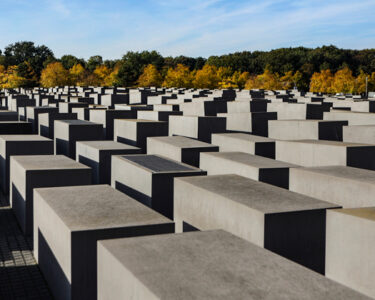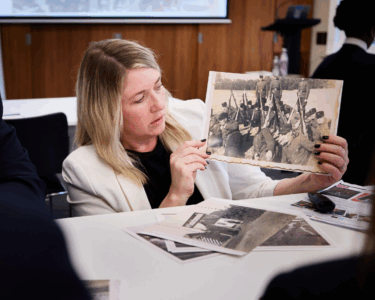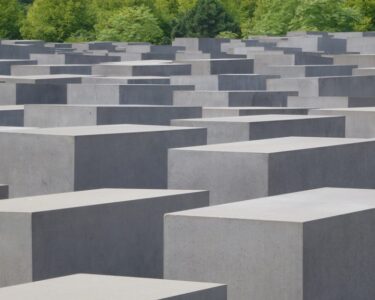This week marks the 83rd anniversary of the November pogrom, which the German people soon called Kristallnacht – the ‘night of crystal’ or ‘broken glass’. Throughout the night of 9-10 November 1938, members of the Nazi party, Nazi sympathisers, the SA and the SS led an orchestrated campaign of brutal destruction and violence against Jewish people and their homes and businesses.
During the attacks almost every synagogue in Germany was ransacked and plundered and more than 90 Jews were killed. Approximately 30,000 Jewish men were also publicly humiliated as they were arrested and transported to concentration camps at Buchenwald, Dachau and Sachsenhausen. At these camps Jews were subject to vicious assault and torture and as many as 1,000 subsequently died from the brutal treatment they received. Furthermore, in a cruel twist, the Nazi government forced Jewish communities to pay for the destruction and camp prisoners were only released if they promised to leave the country.
Kristallnacht was and is significant because it starkly demonstrated how far the Nazi government was willing to go to intimidate, attack and murder Jews. It also alerted the Nazi leadership to the reality that, despite some protestations, most nations were not prepared to intervene to help Jewish people. Accordingly, commemorating and understanding the events of 9-10 November 1938 is incredibly important because it compels us to remember and honour those individuals and communities who experienced persecution and murder in the 1930s and during the Holocaust. But the events also serve as a poignant contemporary reminder of the devastating consequences of silence and inaction when antisemitism, persecution and extremism rear their ugly heads. As Yehuda Bauer once implored us:
Thou shalt not be a victim, thou shalt not be a perpetrator, but, above all, thou shalt not be a bystander.
Professor Stuart Foster, UCL Centre for Holocaust Education
Image: people looking on as the Plauen synagogue is destroyed



